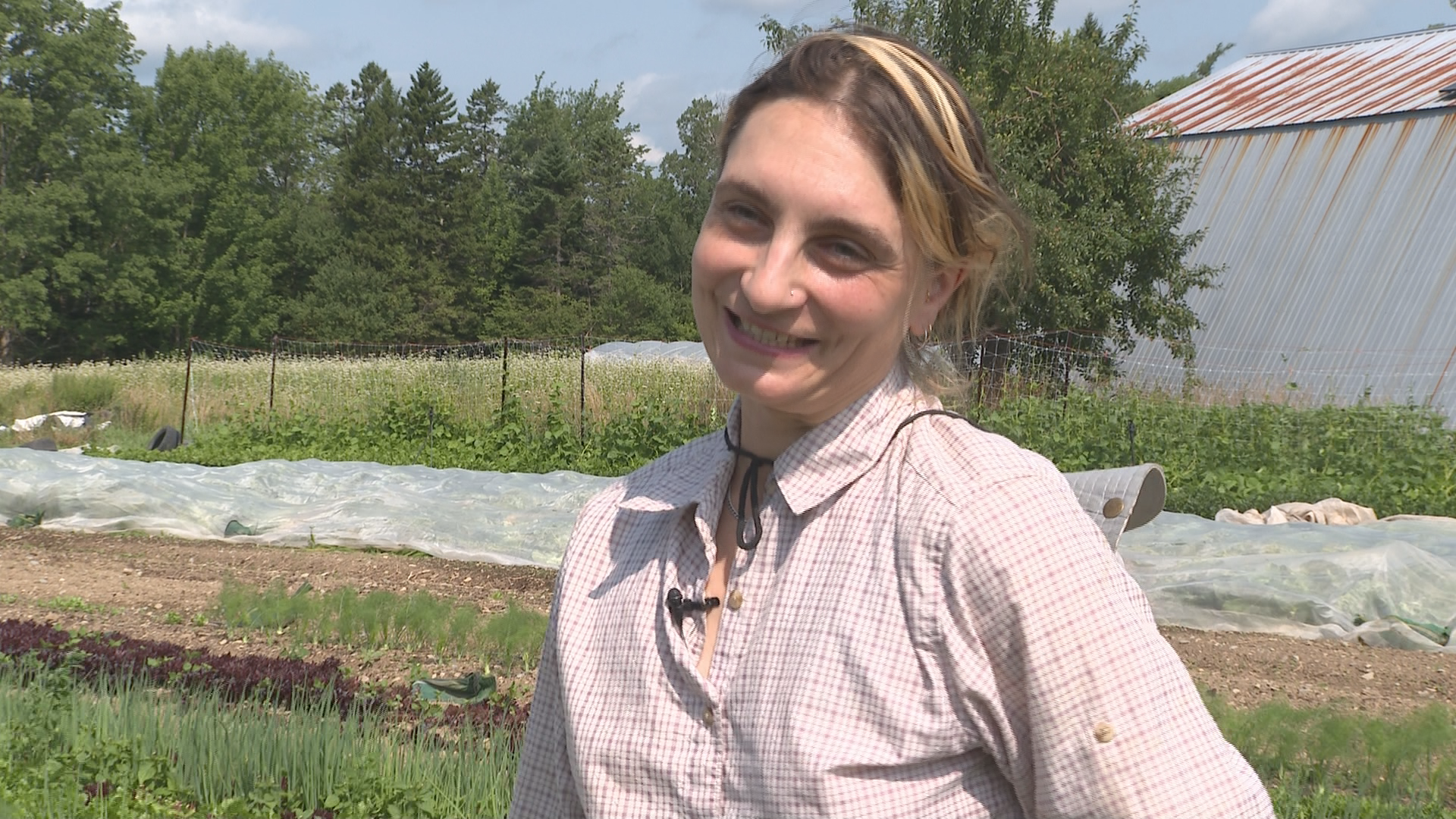Nova Scotia farmers are facing the harsh reality of the impact of climate change on their crops. Rebecca MacInnis, the owner of Spring Tide Farm, has been dealing with constant challenges since starting operations five years ago. She mentioned that extreme weather events that used to be rare, like hurricanes, are now becoming more frequent and impacting their crops. Last growing season, in 2023, historic rainfalls in the province had a catastrophic impact on crop yields, affecting farmers and the resiliency of the local food system.
The climate crisis has made the job of farming more physically demanding for growers like Raphaelle Maruchitch. The increased frequency of extreme weather events, such as late frosts, flash flooding, wildfires, and heat waves, can throw off an entire growing season. Maruchitch, who started farming in Quebec before moving to Nova Scotia, was surprised to find that the region is no more forgiving in terms of extreme weather. The intensity of the work, coupled with the challenges posed by climate change, has made the job disheartening for Maruchitch and other farmers.
During the summer heat wave, MacInnis and her team had to make adjustments to their work schedule to protect themselves from the extreme heat. However, MacInnis acknowledges the privilege they have in being able to take time off when needed, as not all farmers and farm workers have that option. Migrant farm workers, in particular, are especially vulnerable to the lack of occupational safety measures on farms in Canada. The additional challenges presented by climate change only exacerbate their already difficult circumstances.
The discouraging reality of the impact of climate change on farming has led MacInnis to question the future of sustainable farming. She believes that proactive climate action is needed to help put the food system back in the hands of growers, producers, and consumers. MacInnis emphasizes the importance of food sovereignty, which means growing food locally, supporting livelihoods, and involving communities in shaping their food systems. By taking action to address the challenges posed by climate change, MacInnis hopes to create a more resilient and sustainable future for farmers in Nova Scotia.
Overall, Nova Scotia farmers are facing significant challenges due to the impact of climate change on their crops. Extreme weather events, such as hurricanes and heat waves, are becoming more frequent and severe, impacting crop yields and the resilience of the local food system. Farmers like MacInnis and Maruchitch are grappling with the physical demands of farming in changing climate conditions, as well as the financial implications of lost time and crop yields. Addressing these challenges will require proactive climate action and a commitment to food sovereignty to ensure a sustainable future for farming in Nova Scotia.


